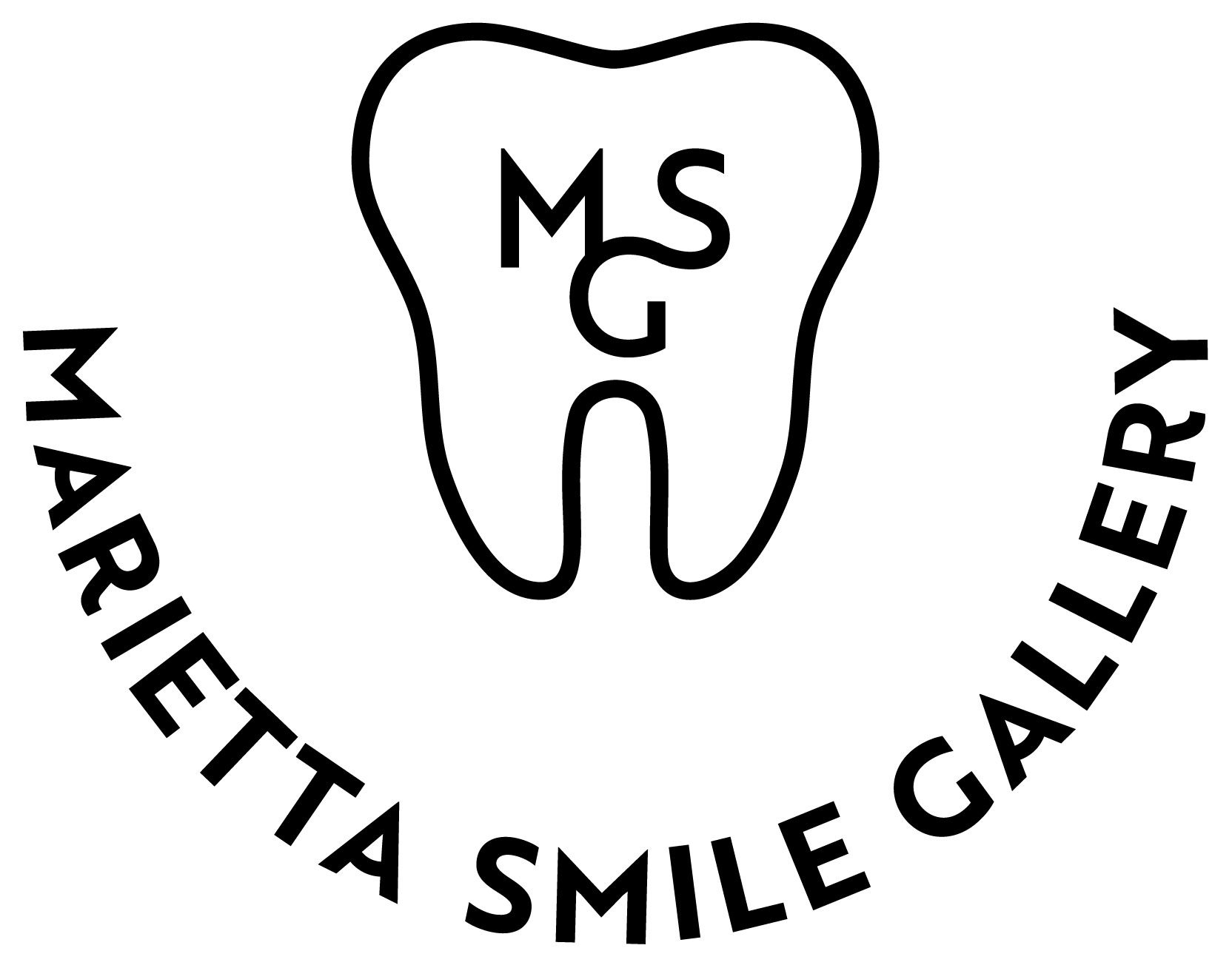One of the most common misconceptions about failing to take proper care of our teeth is that the only problem it will lead to is dental cavities. Unfortunately, while cavities are most certainly a side effect of not looking after our teeth, there is a potentially far more serious consequence that can have irreversible repercussions for our dental health as well as our wider wellbeing. It is known as periodontal disease.
What is periodontal disease?
Periodontal disease is an inflammatory condition that is also known by several other names, including gum disease, gingivitis and periodontitis. Gingivitis tends to refer to the earliest stage of the condition, while the other names are used to describe the condition when it reaches moderate or severe stages.
Periodontal disease occurs when bacteria that is present on the teeth is left and allowed to spread on to the gum tissue. For this reason, periodontal disease is often diagnosed in patients who have poor oral hygiene routines. This is because they are more likely to have plaque on their teeth – a thin, sticky, colourless film that constantly forms on your teeth if not cleaned away. Plaque contains bacteria, and it is these bacteria that will cause your gums to become infected.
Symptoms of periodontal disease
Periodontal disease is a progressive condition. This means that the symptoms get worse the longer it affects you. In the earliest stages, patients will experience:
Gums that bleed easily when brushed
Gums that look swollen, ted and tender
Periodontal disease is painless, and the early symptoms are easy to ignore or overlook. This means that many patients do not seek help for the condition until it has significantly worsened. As it progresses, patients will notice symptoms including:
Persistent bad breath
A foul taste in the mouth
Gums that appear to be pulling away from the teeth
Visible pus around the teeth
Teeth that seem particularly sensitive to heat and cold, for example, experiencing pain when you drink a hot cup of coffee.
Pain when eating
Teeth that seem loose
A change in the way that your dentures fit or that your teeth come together
At the point when these symptoms become evident, there may be irreversible damage to your dental and oral health.
Why is it so important to prevent periodontal disease?
In addition to avoiding the unpleasant and debilitating symptoms listed above and retain your natural teeth for as long as possible, there is another important reason to prevent periodontal disease – your general health and wellbeing. Studies have shown that patients that suffer from periodontal disease are substantially more likely to suffer from a range of different chronic and potentially serious health problems. These include diabetes, heart disease, high blood pressure, liver and kidney disease, Dementia, stroke and even some types of cancer. By preventing periodontal disease, you could reduce your risk of developing these conditions as a result of poor oral health.
What can be done to prevent periodontal disease?
Fortunately, there are a range of different things that can be done to help keep periodontal disease at bay and ensure that your mouth and body are healthy for as long as possible. These include the following:
Brushing and flossing your teeth at home
You cannot underestimate the importance of sticking to your oral hygiene routine at home. If you don’t brush and floss daily, bacteria on your teeth will multiply and cause damage incredibly quickly. Make sure you are brushing twice a day with a fluoride toothpaste and flossing between your teeth last thing before bed. This helps to remove particles that may otherwise be stuck in parts of your teeth impossible for your toothbrush to reach.
Visit your hygienist regularly
Your dental hygienist can offer a professional-level clean that it is simply impossible to achieve at home. This is because they have the tools, equipment and visibility that you don’t. Most dentists recommend that you undergo a professional clean at least once or twice each year for optimal dental health.
Avoid snacking
Snacking is the biggest enemy of dental health. When we pick at food during the day, we rarely accompany it with a drink to wash away the sugars that will consequently attack our teeth. Since it will be any number of hours before we clean our teeth again, the bacteria have time to start causing damage. If you do need to snack, make sure you follow it with a glass of water. Chewing gum is also valuable between meals as it keeps our mouth busy, but actually stimulates saliva production, which helps to wash away any bacteria and neutralize any plaque acids that are forming.
Here at Marietta Smile Gallery, we are dedicated to helping all of our patients enjoy the best possible oral health. If you would like more advice on preventing periodontal disease, our knowledgeable team would be delighted to assist you. Please contact our dental offices in Marietta, GA by calling (770) 809-1500.


